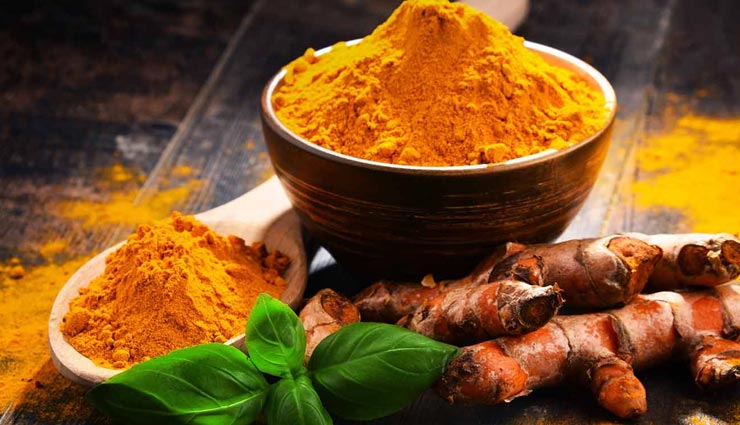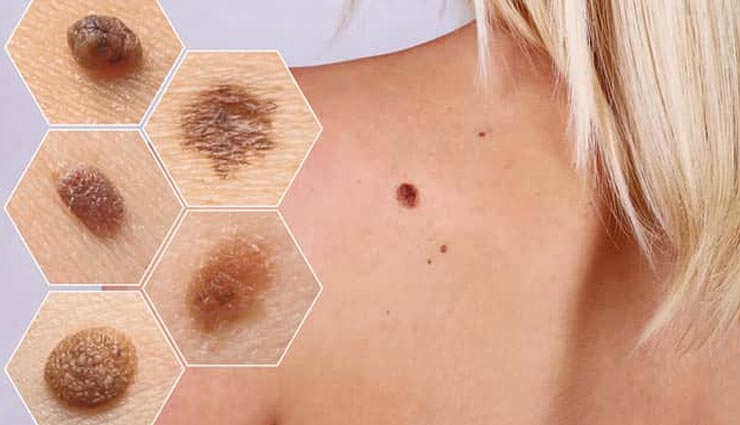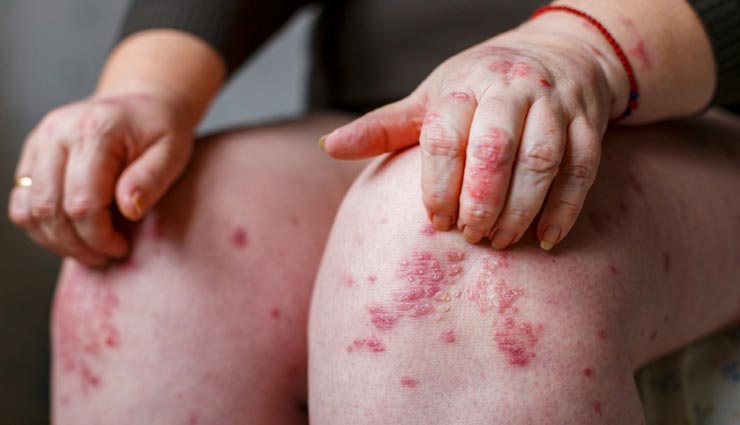5 Reasons Why Turmeric Is Good For Your Skin
By: Priyanka Maheshwari Wed, 21 Sept 2022 12:29:58

You might know turmeric as the yellow spice that gives curry its vibrant color. But turmeric does not just perk up your food! This kitchen spice has always been valued in ancient medical sciences like Ayurveda for its many health-promoting properties, helping to treat conditions ranging from gynecological problems to infectious diseases.
But that is not all. Turmeric can work wonders on your skin, too. In fact, it is traditional for brides in India to apply a paste of turmeric on their body a couple of days before the wedding. This is said to leave the skin soft and glowing. Now, who does not want that effect! So if you are fed up with expensive salon treatments and harsh chemical creams, it is time you checked out this amazing spice.

# Protect Your Skin From Sun Damage
Sun damage can make your skin look old before its time. Over-exposure to sunlight can give you a tan, make your skin less elastic, and cause wrinkles as well as sunspots. But turmeric can help prevent many of these effects.
In one animal study, researchers studied the impact of long-term, low-dose ultraviolet B (UVB) radiation on the skin. It was found that when a turmeric extract was applied twice daily, the skin was protected from the loss of elasticity and skin thickening usually caused by long-term exposure to UVB light.

# Balance Oily Skin
If you have been struggling with oily skin all your life, turmeric may be the answer to your prayers. Oils are naturally secreted by the sebaceous glands in the skin to keep it supple and soft. However, excessive oil production can lead to an unappealing shine and make you prone to acne. Turmeric can address this problem.
A study that looked at the impact of turmeric extract in a cream form on oily skin found that, when applied twice daily for 4 weeks, it significantly reduced facial oils. The phytosterols and fatty acids present in turmeric may be responsible for this effect.

# Battle Skin Cancer
Turmeric can be used to treat cancerous lesions and may even inhibit skin cancer. A study found that turmeric extract, as well as an ointment of curcumin (which is a major component of turmeric), had a striking impact on external cancerous lesions.
As a result of using turmeric, almost all the participants experienced relief from itching. About 90% noticed that their lesions started smelling less while 70% of the participants found that their lesions were drying up.

# Fight Psoriasis
Psoriasis is an inflammatory skin disease that causes thick, scaly, red lesions on your body. This skin condition, which is associated with an increase in the activity of the enzyme phosphorylase kinase (PhK), is usually treated with phototherapy.
But this mode of treatment poses the threat of organ toxicity. Turmeric can provide an alternative and safer means of treatment. As one study showed, treatment with curcumin can help resolve psoriasis by modulating PhK activity.

# Boost Wound Healing
Turmeric has traditionally been used to promote wound healing. Researchers who treated women who had undergone a cesarean operation with a turmeric cream found that it could speed up wound healing, which was measured by parameters like swelling, redness, and bruising.
Another study which looked at the effect of turmeric (taken orally) and neem oil (applied topically) on chronic non-healing wounds found that after 8 weeks of treatment this combination healed 70% of the participants.





